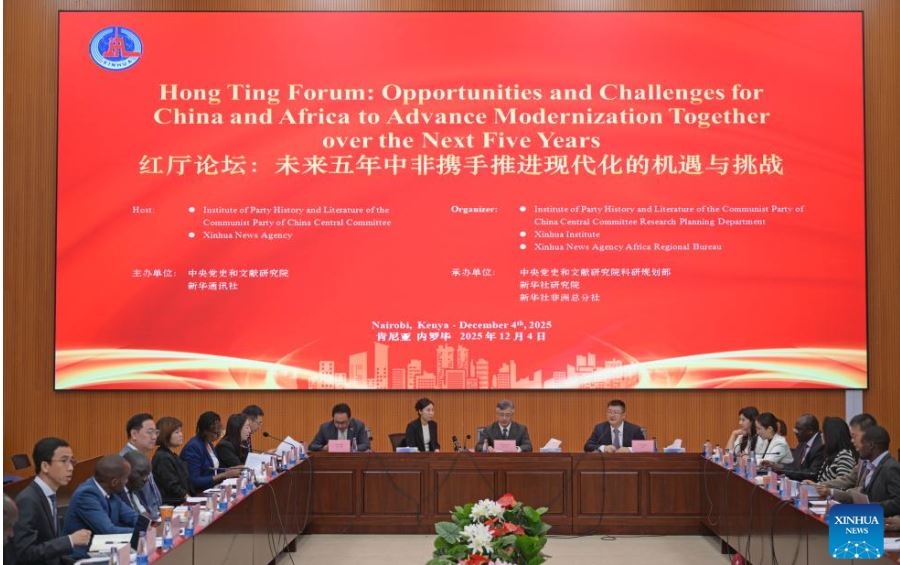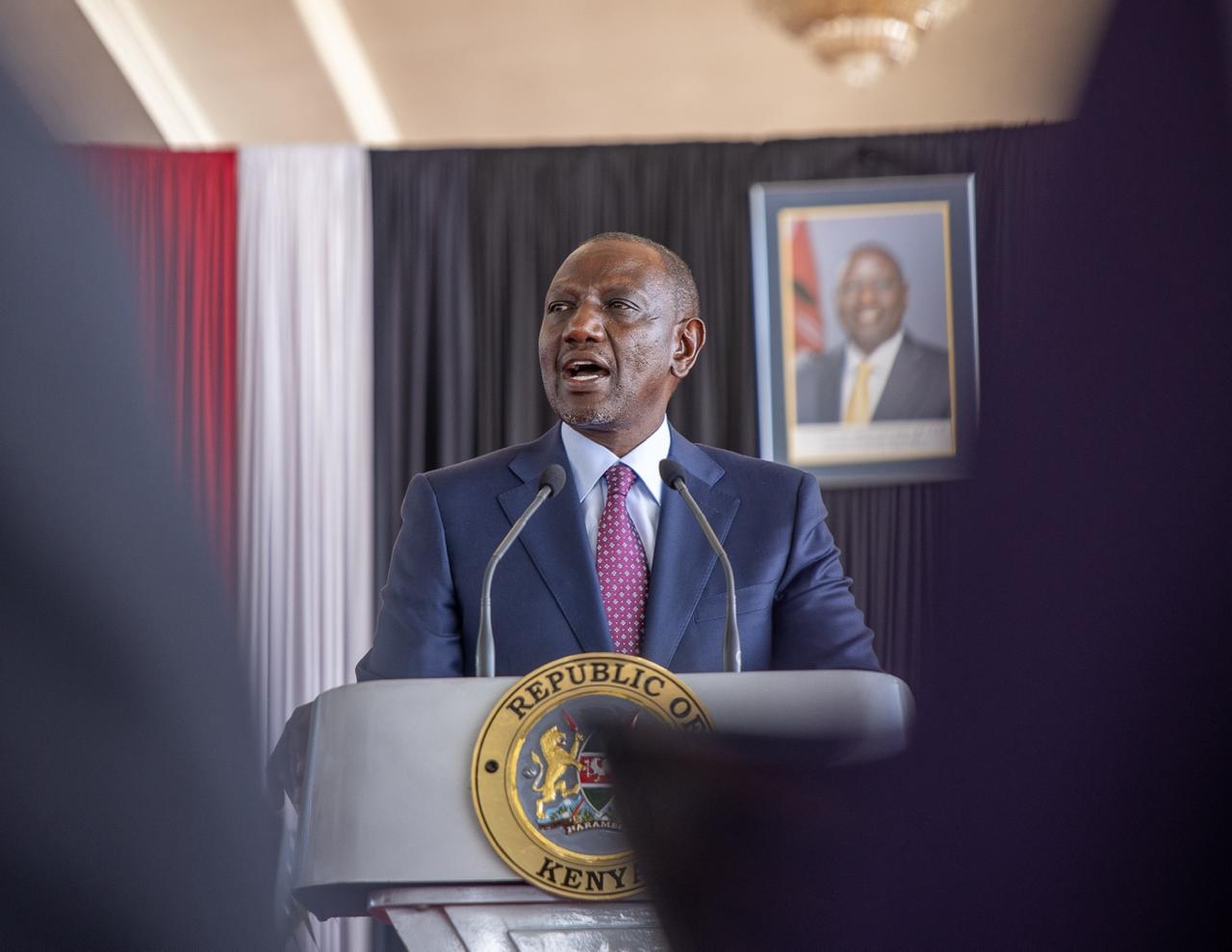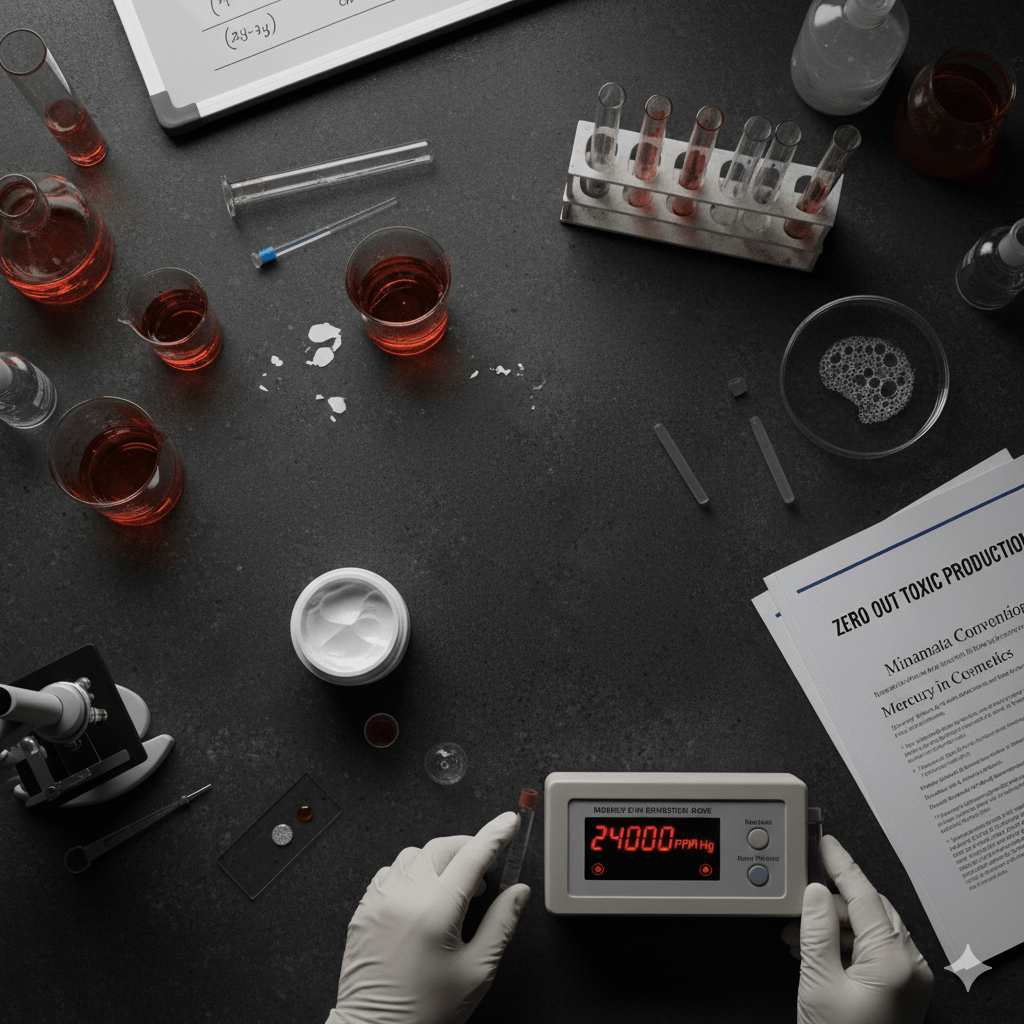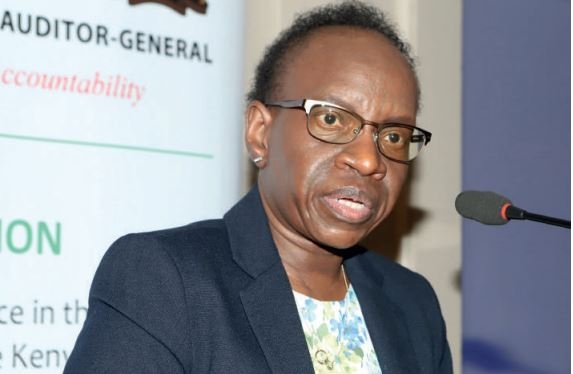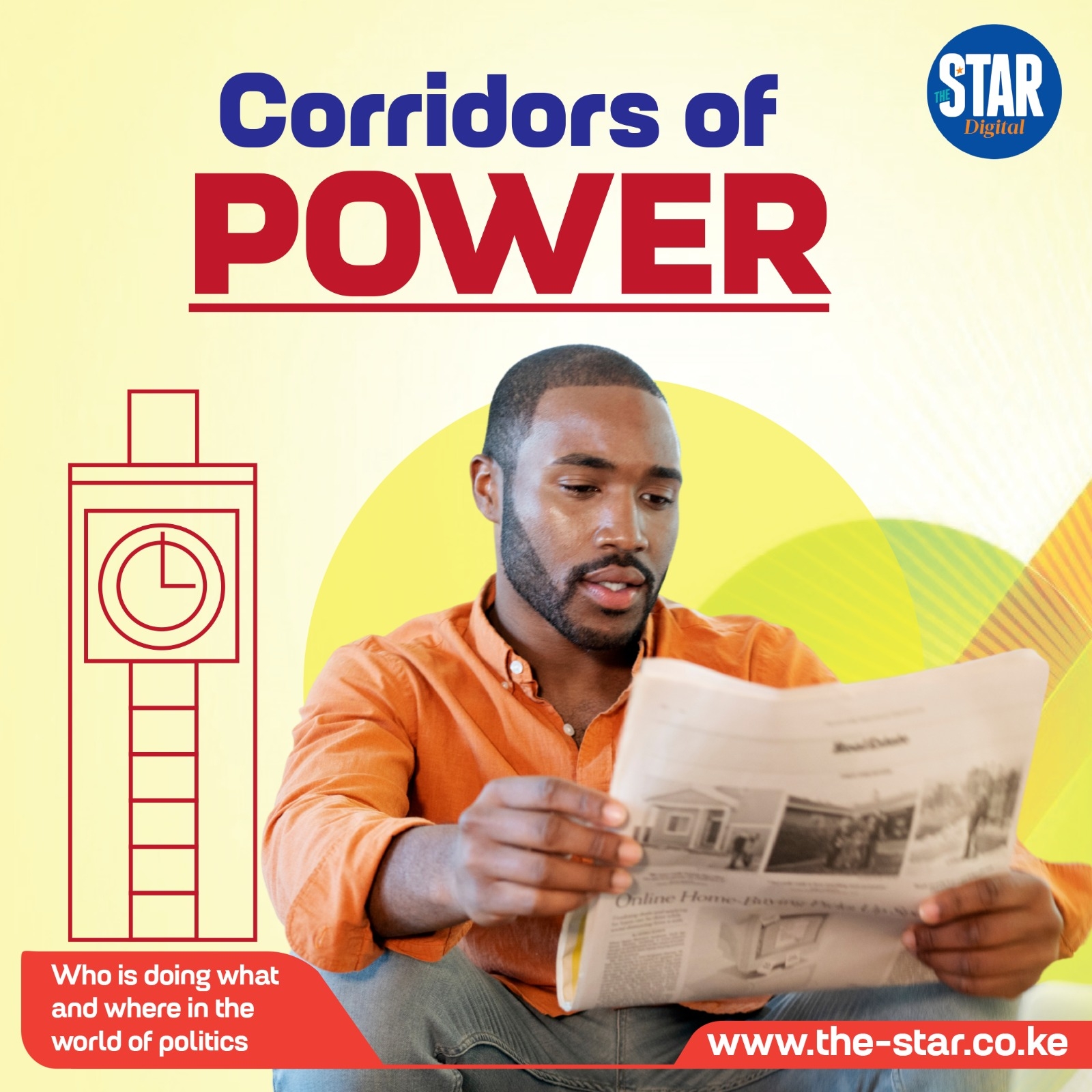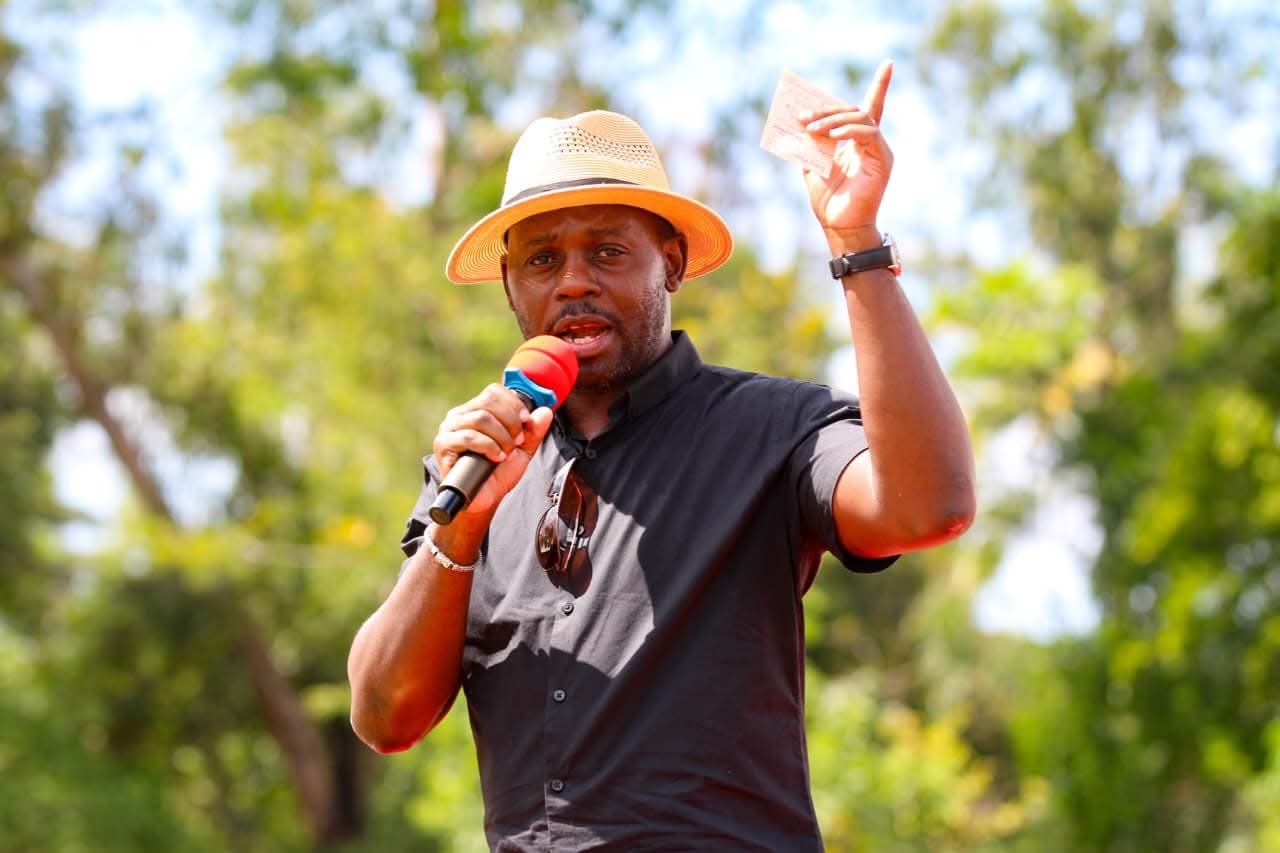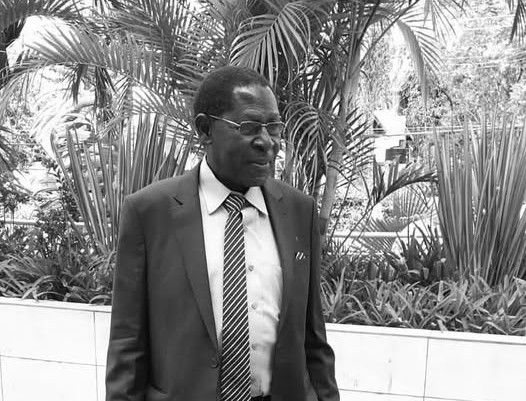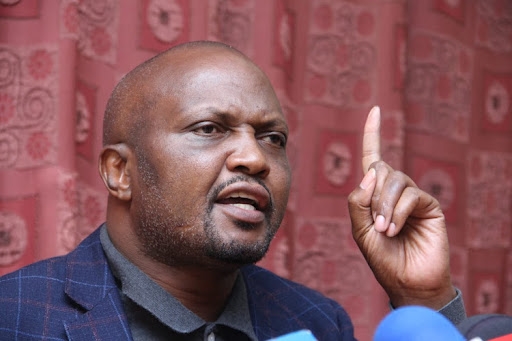
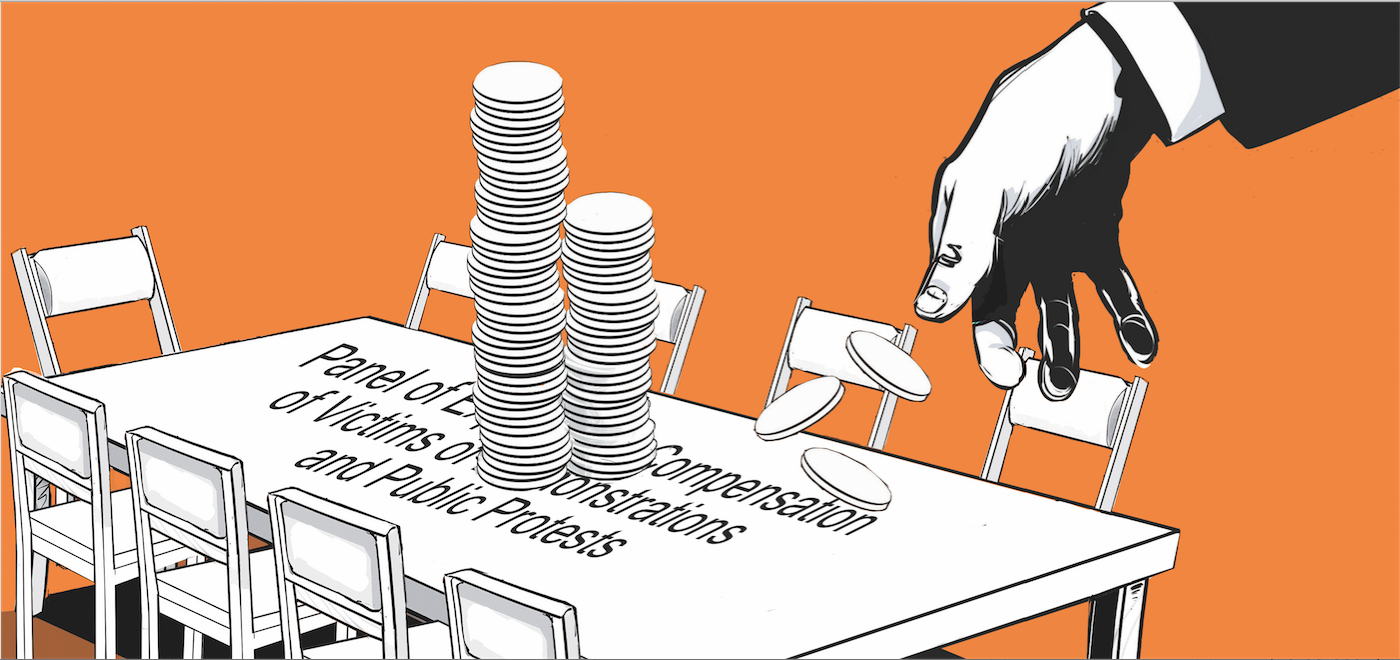

Establishing a Panel of Experts on Compensation of Victims of Demonstrations and Public Protests has stirred praise and scepticism. Some Kenyans question its legality, others its necessity, and still others whether the Executive can credibly lead such a process.
These concerns are valid. Democracies thrive when citizens question authority and demand accountability. Yet scrutiny must not obscure urgency. A sober reading of the constitution, alongside the lived suffering of victims, shows that this panel is neither unconstitutional nor an Executive overreach. It is a lawful, pragmatic and morally compelling step toward healing the wounds of our nation.
Critics worry that the panel may undermine independent watchdogs such as the Kenya National Commission on Human Rights and the Independent Policing Oversight Authority. Article 249(2) of the constitution protects these bodies from “direction or control”.
But independence does not mean isolation. The panel is advisory, not supervisory. Its task is to listen to victims, consolidate evidence and propose a compensation framework. Where criminal culpability arises, it must refer matters to the relevant authority. Far from weakening oversight, the panel complements it—ensuring that victims are not left waiting indefinitely for redress.
Some have argued that the appointments lacked transparency because there was no competitive recruitment. But the constitution does not require such a process for temporary presidential advisory bodies established under Article 132.
Kenya has relied on similar instruments in moments of urgency, from the Truth, Justice and Reconciliation Commission to police reform panels. The key question is not procedure but competence. The Gazette notice reflects a team of diverse professionals drawn from law, human rights, academia and faith institutions—a rational, fit-for-purpose choice.
Why not leave this to KNCHR, the DPP or the Inspector General of Police? Because none of them has a mandate to deliver holistic reparations. KNCHR documents abuses, the DPP prosecutes and the IG addresses police conduct.
Meanwhile, victims remain in limbo. Reports are written, but relief never comes. Litigation is slow, costly and inaccessible to many. For a grieving mother, a paralysed youth or a breadwinner who can no longer work, justice delayed is not just denied—it is life diminished.
Article 21 of the constitution obligates the state to protect and fulfil rights. This panel is not another report-writing exercise. It is a vehicle for real remedies that restore dignity.
A difficult objection is whether the same Executive that presided over harm can now lead to reparations. The answer lies in the principle of state responsibility.
Yes, injuries were caused by agents of the state. But the state as a whole carries the duty to repair. To deny compensation because the perpetrator and compensator are the same would double the injustice—first in the injury, then in abandonment.
Compensating victims is not an admission of guilt. It is the government’s highest duty: to acknowledge suffering and restore dignity.
The Gazette notice provides a clear mandate. The panel must verify, categorise, and compensate victims; consult families, civil society, religious leaders, and state institutions; authenticate data from KNCHR, IPOA, the National Police Service and the Ministry of Health; and recommend reparations or prosecutions where warranted.
Beyond compensation, it must also propose reforms in policing and protest management—submitting progress updates and a final report within 120 days.
The panel has significant powers: access to records, authority to summon institutions and individuals, the ability to co-opt experts, and the ability to form working groups. These powers make it effective, not symbolic.
On finances, strict safeguards are in place. All expenditures must follow the Public Finance Management Act. Each disbursement will be auditable and anonymised updates must be published to keep the public informed.
The debate on legality must not eclipse the human faces of this crisis. Families mourn loved ones, young people live with permanent injuries, and communities remain scarred. They need relief that restores dignity and rebuilds trust in the state.
The Panel of Experts is not a threat to democracy. It affirms it. It brings to life the values outlined in Article 10—human dignity, equity, social justice and inclusivity.
Justice is not complete when perpetrators are punished. It is complete only when victims are restored. By establishing this Panel, Kenya has chosen healing over denial.
Justice delayed deepens wounds. Justice delivered heals them. This is our moment to choose healing.
Strategic advisor and expert in leadership and governance





